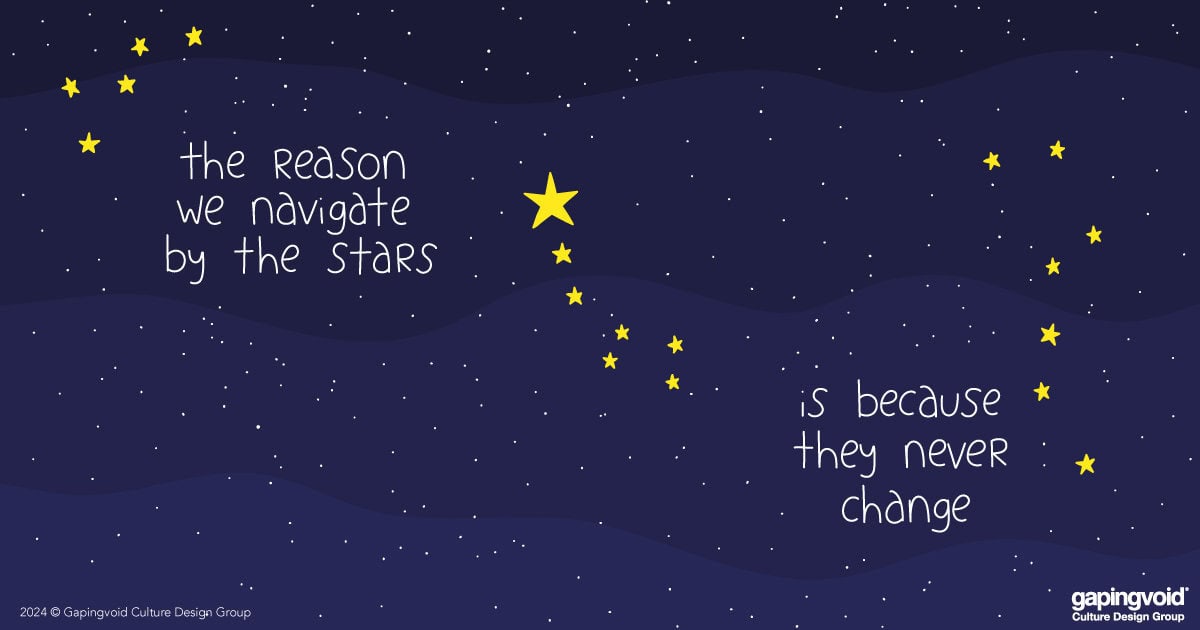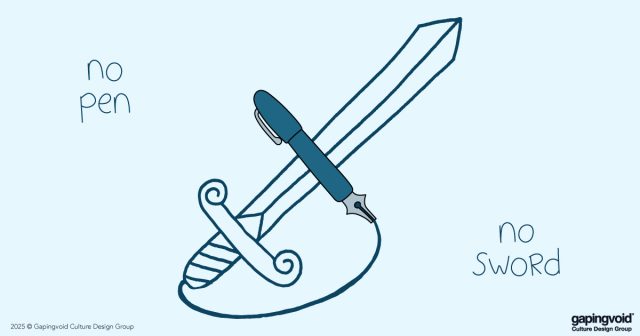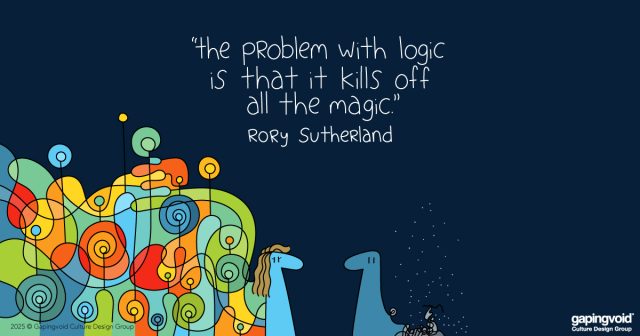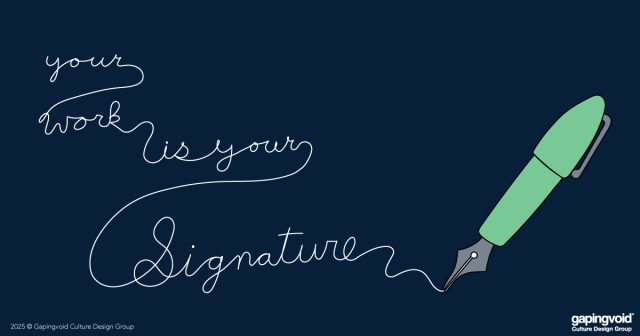
As the famous passage in the Bible goes, “The thing that hath been, it is that which shall be; and that which is done is that which shall be done: and there is no new thing under the sun” (Ecclesiastes 1:9, KJV).
And as Marcus Aurelius observed in his Meditations, “Whether for a hundred or two hundred years only, or for an infinite space of time, a man sees those things which are still the same.”
A poignant illustration of this fact is recently-released footage from 1896, originally filmed by the Lumiere Brothers, now upscaled to 4K, enhanced by AI, and colorized.
A lot has changed. A lot hasn’t.
From Geneva to Jerusalem, Paris to Istanbul, Tokyo to Moscow, people in 1896 and people in 2024 are basically the same. The same activities: working, trading, playing, communing, traveling, building, striving. And, more importantly, the same psychology.
This is why so many people advise us to “read old books.”
There’s a good reason for it. As Nassim Nicholas Taleb pointed out in Skin in the Game, the ideas worth trusting are the ones that have stood the tests of time – and not the ones caught up in the middle of a replication crisis (i.e., not the recent fad theories in psychology that claim to tell us something about ourselves that people 2,000 years ago didn’t already know).
In other words, if you want to know what people want – if you want to motivate others – you don’t have to reinvent the motivational wheel. Just look to the things people have always wanted.
Significance. Connection. Meaning. Purpose. Contribution. Impact. Status. Opportunity.
In the critically acclaimed show Mad Men, main character Don Draper pitches a client – Heinz – on a campaign that goes something like this: A prehistoric cavewoman offers dinner – with of course, Heinz – to her child. Then the same scene plays out in Ancient Greece. Then in Revolutionary France. Then on the American frontier. Then forward through the ages to the (then) present: the 60s. Then to the future, on a spaceship. In each era, it’s the same scene and the same meal. The tagline? “Some things never change.” In the case of this ad: a parent, a child, and dinner.
In a world that’s filled with glittering lures of new technologies that promise to change everything about everything, it’s good to remember from time to time: some things never change.



